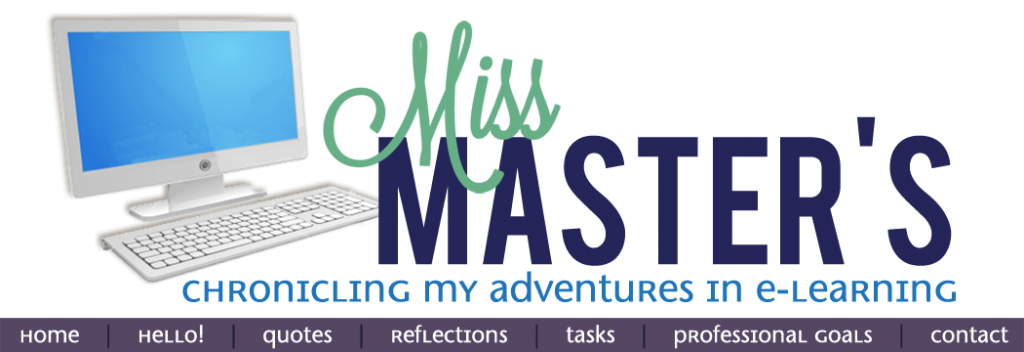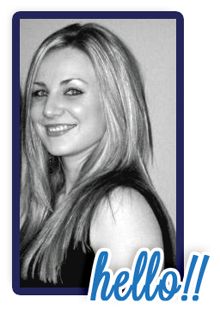Male Aboriginal Age 30
I think that
culture means that it is someone’s belief system. It could be their religion or
their race, their language and their traditions and beliefs. Diversity is the
differences that exist between all people as a result of different cultures. Some
cultures are more evident than others when you look at society.
Female Caucasian Age 53
 Someone’s culture
is where they come from and who they are. It is the celebrations they
celebrate, the language they speak, the colour of their skin and what they
believe in. It could relate to religious affiliations, their heritage and their
ancestral ties. To me diversity means that everyone is
Someone’s culture
is where they come from and who they are. It is the celebrations they
celebrate, the language they speak, the colour of their skin and what they
believe in. It could relate to religious affiliations, their heritage and their
ancestral ties. To me diversity means that everyone is
Male Caucasian Age 56
My
definition of culture is a person’s ethnic roots and background. They are what
shape the aspects of your life and outlook on society.
To me
diversity means the differences. Diversity is the composite of all of the
individual backgrounds and cultures in a society. It can lead to harmony or
conflict depending on individual biases and preferences.
 After discussing these questions with family and friends, I realized
that each person included some ideas that were similar and some that were different.
I believe that the differences are often related to their place in society
(dominant or minority culture) as well as their prior experiences and prior
knowledge concerning culture and diversity. In this week’s media segment Janet
Gonzalez-Mena explained that she defined culture as a set of often “unconscious
rules” that govern everything we do. She explained that cultural understanding
includes different perspectives, world views, and different beliefs (Laureate
Education, 2011). All of these aspects of culture were referenced while
interviewing my three candidates. We have been learning however, about
individual and family culture throughout the course. These are both aspects of
culture that I had not considered before this course and I remarked that the
people I interviewed did not discuss these aspects either. When discussing
culture and diversity, people usually focus on heritage, race and ethnicity
this was also evident while asking questions. Gonzalez-Mena explains that
gender is heavily intertwined when discussing culture and that culture has a
huge impact on the way that children are raised, perceived and educated
(Laureate Education, 2011).
After discussing these questions with family and friends, I realized
that each person included some ideas that were similar and some that were different.
I believe that the differences are often related to their place in society
(dominant or minority culture) as well as their prior experiences and prior
knowledge concerning culture and diversity. In this week’s media segment Janet
Gonzalez-Mena explained that she defined culture as a set of often “unconscious
rules” that govern everything we do. She explained that cultural understanding
includes different perspectives, world views, and different beliefs (Laureate
Education, 2011). All of these aspects of culture were referenced while
interviewing my three candidates. We have been learning however, about
individual and family culture throughout the course. These are both aspects of
culture that I had not considered before this course and I remarked that the
people I interviewed did not discuss these aspects either. When discussing
culture and diversity, people usually focus on heritage, race and ethnicity
this was also evident while asking questions. Gonzalez-Mena explains that
gender is heavily intertwined when discussing culture and that culture has a
huge impact on the way that children are raised, perceived and educated
(Laureate Education, 2011).
Other people’s definitions of culture and diversity influenced my own
thinking about these topics as I realized how much someone’s personal story and
viewpoint of the world and society at large has on such topics. Someone for
example who is seen as the minority culture may feel as though he or she is not
truly representing in what someone else may consider a very diverse workplace,
classroom or community. Or someone who has seen war and destruction may
understand that diversity can cause misunderstanding and conflict. This
experience really shed light on the way that many people have different
opinions and ideas about culture and diversity.
References:
Laureate Education (Producer). (2011). Culture and diversity [Video
file]. Retrieved from https://class.waldenu.edu






3 comments:
Rhiannon great post.
People like your father can better understand the definition of culture and diversity and the consequences of being unique. I noticed that the answers included deep and surface culture elements; not everybody likes to talk about the "bad" things about a culture, when I say bad things I mean the conflict it has within it owns people, for instance having a different religion, sexual orientation, economical statues, etc. These kinds of conflicts are what make a culture diverse and most people are afraid to go that deep into the iceberg.
Great interviews, I like that the responses from the three people you chose, I think that your interviewers were able to give such in depth responses because of the maturity level. I noticed that when I used younger subjects to interview the responses were similar. Really enjoyed your blog for the week.
Great post! Diversity is all about being different. Diversity goes far beyond race and culture. Diversity includes age, sexual orientation, gender, religious beliefs, education, income, and much more. We need to value diversity. We need to recognize the differences between people and acknowledge that these differences can be valued benefits. Including the valuing of diversity in early childhood education programs is very important.
Post a Comment